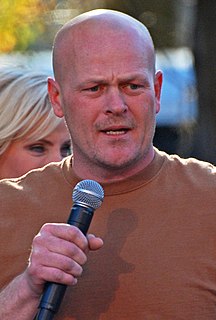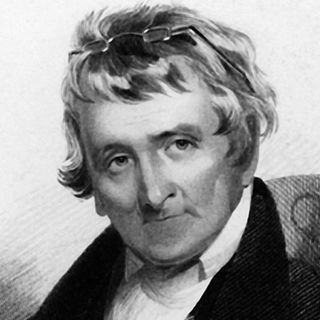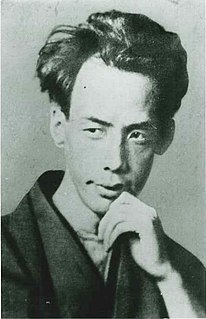A Quote by George Eliot
Every woman is supposed to have the same set of motives, or else to be a monster.
Related Quotes
I don't [know] what everybody else's motives are, I don't know what your motives are, but mine is to portray the real life of an NBA player. And it's not all about I just do everything, like I'm the hardest worker, or I love to play basketball every day, I go to the gym at eight and don't leave until five. No, that's not how it is. That's not how I am.
I think it's dangerous to look at every Muslim woman the same and to assume that every experience within the religion is the same, meaning that there are going to be strong and assertive women that are Muslim. There's going to be a more passive woman who just so happens to be a Muslim. There may be a funny, big-personality woman and she's Muslim.
I immensely enjoy any experience directing. I've never hated it, and I've had bad experiences. At the end of the day, I just feel like I'm supposed to be on a set. I'm supposed to be working with creative people. I'm supposed to be working with actors and I'm supposed to be manning a project in this capacity. It's interesting.






































